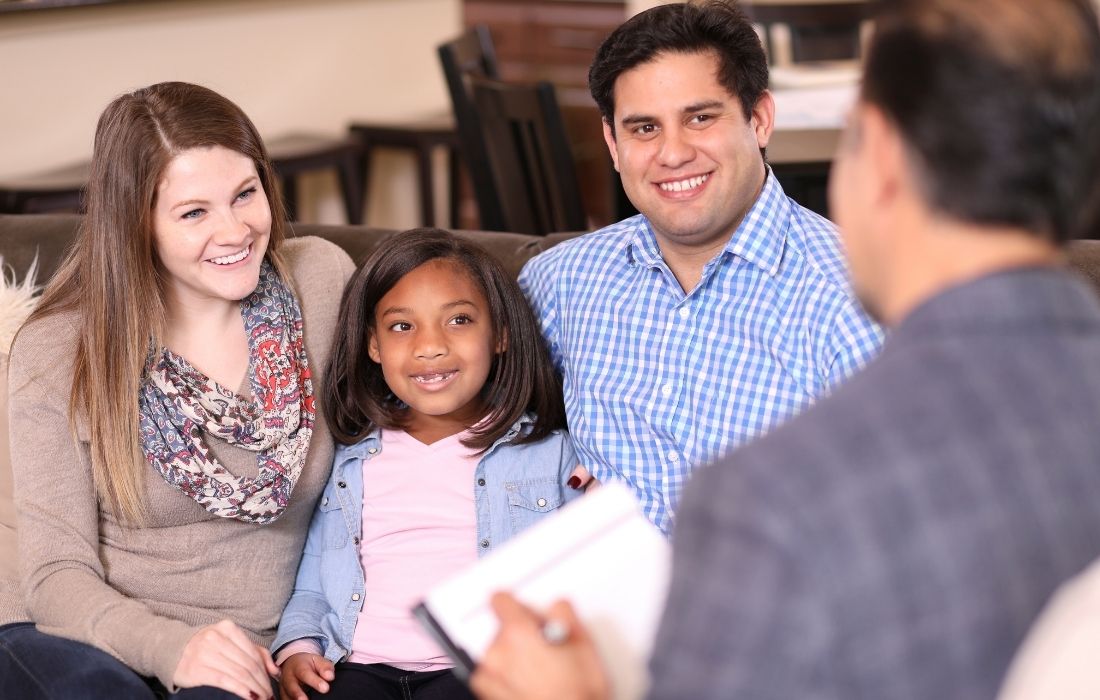Sibling sexual abuse is a hidden and frequently unreported type of sexual abuse, the most common type of abuse is from an older brother to a younger sister, but there is also brother-brother, sister-sister, and sister-brother abuse. It is estimated that approximately 15% of young people have engaged in sexual behaviour with their siblings, with about one-third of these incidents being abusive. This means that a child is affected by sibling abuse in almost every classroom. Unfortunately, when sibling sexual abuse is discovered, it is often perceived as a family crisis.
Parents may experience a range of emotions unique to this situation that others cannot understand. No one has the right to invalidate your feelings, but it’s critical to find a way to control these emotions to prioritize your child’s safety.
Parents require emotional support and containment to provide appropriate support to all children in the family. Understanding culture in the family system context and the role that family culture may play in terms of support and recovery is critical to providing practical family support.
What Can Parents Do?
Sibling abuse is something that parents should be aware of. Educate yourself on the risk factors for sibling sexual abuse and take the necessary precautions to avoid inappropriate sexual contact. To ensure safety and to prevent further incidents of unwanted sexual contact, specialized services are required.
If you suspect sibling sexual abuse has occurred, you should ensure that your children receive the assistance they require.
- Inform family services about the abuse. Depending on the perpetrator’s age, the police and the court system may also become involved. For example, the offender could be sentenced to detention, ordered to participate in a court-monitored treatment program, and monitored after release.
- Talk about it with each child. This may entail discussing the behaviour, agreeing to respect boundaries, and reporting future problems depending on the circumstances. This should be followed by ongoing supervision and behaviour monitoring. Make sure that children are not left unsupervised.
- Make sure that the perpetrator has no access to their sibling. In other cases, it will be necessary to ensure that the offending child has no access to their sibling.
Although it is difficult for parents to accept the possibility that one of their children is abusing the other, this situation should never be ignored. Sexual abuse is a heinous crime. Both the victim and the perpetrator require your undivided attention.
Perpetrators must be held accountable for their actions, and they must also be treated so that they do not harm other children. In the meantime, victims must be believed, supported, and protected. The foremost step is to report the abuse, but they will require ongoing treatment and love to recover from the effects of being abused by someone who was supposed to love them.
How should parents prevent this from reoccurring
Giving your children the attention and care they require can help prevent sibling sexual abuse. In addition, you can reduce the risk by doing the following:
- Make certain that your children are adequately supervised: Make sure that a responsible adult always supervises your children, whether they are at school, at home, or in another setting.
- Be supportive: If your child claims that someone has abused them or has inappropriately behaved toward them, it is critical that you believe them and take steps to address the abuse and get your child help.
Conclusion
While sexual curiosity in children is normal, and all children explore their anatomy, there is a distinction between normal exploration and abusive, coercive, and exploitative sexual contact. Talking to your children about appropriate behaviour, assisting them in understanding and enforcing boundaries, and maintaining open communication, so your child feels comfortable talking to you are all crucial steps in preventing sexual abuse.
This content is purely from a subjective viewpoint. Every person and situation is different. We urge every family dealing with sibling abuse to immediately contact counseling.
[button link=”https://fourthdimensioncounseling.com/contact-seattle-tacoma-kirkland-wa/” type=”big” color=”silver”] Schedule a Consultation Today[/button]
More Advice:
- Do I Need to See a Counselor for Love Addiction?
- Simple Ways to Reduce Stress
- Sex Victims Can Experience PTSD
- Emotions and How to Process Them
- Sex Addiction Counseling
- How Do I Know it’s Time to Get professional Counseling?
- How to Heal from Betrayal Trauma
- What is PTSD?
- The Mental Health Effects of Sexual Abuse
- The 4 Types of Intimacy
- 5 Ways to Reduce Stress
- What is Co-Dependency?
- How Same-Sex Couples Counseling is Different
- How to Know it’s Time to Get Mental Help
- How to Find a Great Relationship Counselor
- What if I Can’t Get in to See a Counselor?
